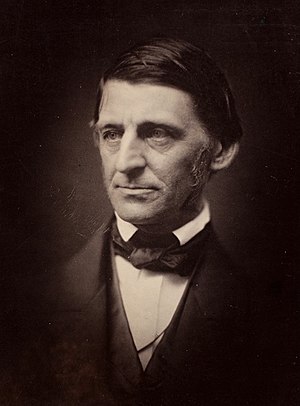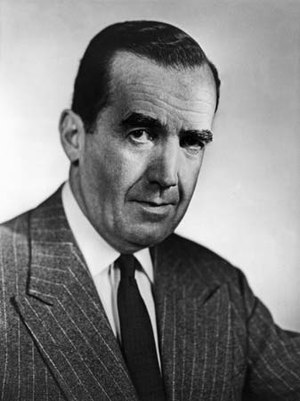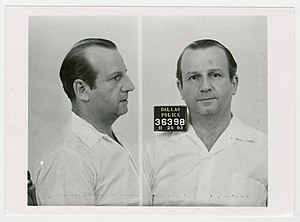“Sometimes a scream is better than a thesis.”
Ezra Ripley,
who sat in the pulpit that day, was eighty-four years old, and when,
six years later, he died, he had been pastor of the Concord church for
sixty-three years.
[102] _Page 83, note 2._ Lemuel Shattuck, author of the excellent
_History of Concord_, which was published before the end of the year.
[103] _Page 85, note 1._ In Mr. Emerson’s lecturing excursions during the
following thirty-five years, he found with pleasure and pride the sons of
his Concord neighbors important men in the building up the prairie and
river towns, or the making and operating the great highways of emigration
and trade.
LETTER TO PRESIDENT VAN BUREN
April 19, 1838, Mr. Emerson made this entry in his Journal:—
“This disaster of the Cherokees, brought to me by a sad friend to blacken
my days and nights! I can do nothing; why shriek? why strike ineffectual
blows? I stir in it for the sad reason that no other mortal will move,
and if I do not, why, it is left undone. The amount of it, to be sure, is
merely a scream; but sometimes a scream is better than a thesis....
“Yesterday wrote the letter to Van Buren,—a letter hated of me, a
deliverance that does not deliver the soul. I write my journal, I read
my lecture with joy; but this stirring in the philanthropic mud gives me
no peace. I will let the republic alone until the republic comes to me.
I fully sympathize, be sure, with the sentiments I write; but I accept
it rather from my friends than dictate it. It is not my impulse to say
it, and therefore my genius deserts me; no muse befriends; no music of
thought or word accompanies.”
Yet his conscience then, and many a time later, brought him to do the
brave, distasteful duty.
ADDRESS ON EMANCIPATION IN THE BRITISH WEST INDIES
The tenth anniversary of the emancipation by Act of Parliament of all
slaves in the insular possessions of Great Britain in the West Indies
was celebrated in Concord, in the year 1844, by citizens of thirteen
Massachusetts towns, and they invited Mr. Emerson to make the Address.
The Rev. Dr. Channing, on whose mind the wrongs of the slave had weighed
ever since he had seen them in Santa Cruz, had spoken on Slavery in
Faneuil Hall in 1837, had written on the subject, and his last public
work had been a speech on the anniversary of the West Indian Emancipation
in 1842, in the village of Lenox.




